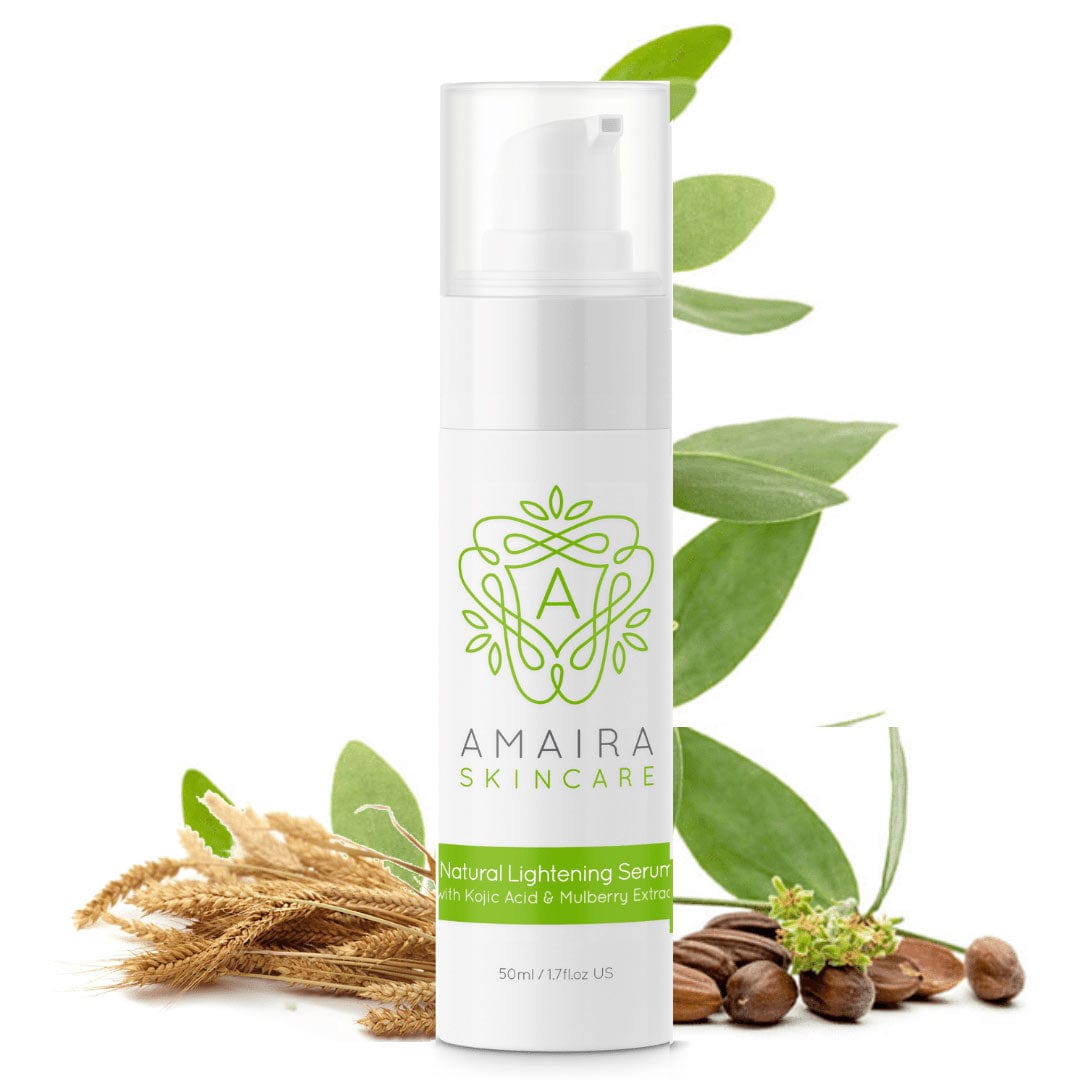As soon as the sun comes out, many of us rush outdoors to sunbathe in the rays, and a suntan is frequently seen as a great benefit of the summer weather, however sunlight has an effect on our skin which can be extremely detrimental.
Sun Burn
The most obvious and best known effect of sunlight on the skin is sunburn. Melanin is produced in the skin to protect it against the sun’s harmful UV rays which is what produces a tan, however if there are too many rays for the skin to absorb, the result is burning and skin damage which can cause a host of problems. The signs of sunburn include redness, hot skin, pain, tight and itching skin, blisters, dehydration and peeling.
Skin Cancer
Sunlight deposits energy into and onto the skin via ultraviolet and visible light. There are three types of UV light – UVC, UVB and UVA. UVB rays have shorter wavelengths and cannot penetrate so deeply into your skin. Although they can cause squamous cell carcinomas they can be blocked effectively by sunscreens. UVA rays have a longer wavelength and can penetrate more deeply into your skin. UVA rays usually don’t result in sunburn but when you don’t apply sufficient sunscreen they can cause melanoma and basal cell carcinomas.
Slow Collagen Production
The sun’s UVB rays can damage the elastin in skin, and slows down its collagen production. Collagen is essential for giving the skin its elasticity, and so when its production is slowed the skin can wrinkle and sag. UVB rays also produce sunspots over time, leading to uneven skin tone.
Uneven Production Of Melanin
The more your skin is damaged by the sun’s rays, the more the way in which the skin makes melanin is affected. As you get older, the melanin may start to form in clumps which causes age spots and freckles to appear, spoiling your complexion and giving it an uneven tone.
How Does Sunlight Affect Different Types Of Skin?
Depending on your skin type, the sunlight can affect your skin differently.
- Oily skin – this skin type is more resistant naturally to the sun’s harmful rays since the oil offers additional protection. Oily skin burns less easily and often tans more rapidly but applying a non-comedogenic sunscreen is essential to protect from sun damage while avoiding blocking the pores.
- Sensitive skin – people with sensitive skin often have an adverse reaction to exposure to the sun with rashes and itching often being the result.
- Dry skin – if you have dry skin, it can be dried out even further as essential oils and moisture are leached from the surface of the skin. Dry skin starts to look flaky and feel tight after sun exposure so a moisturizing SPF sunscreen is essential to hydrate and protect the skin from damage at the same time.
Although sun exposure can improve the mood and make us feel more positive, it’s important to always wear a high SPF sunscreen to make sure that no serious skin damage can occur.
Read more about natural ways to lighten skin here: https://amairaskincare.com/blogs/news/natural-skin-lightening/











